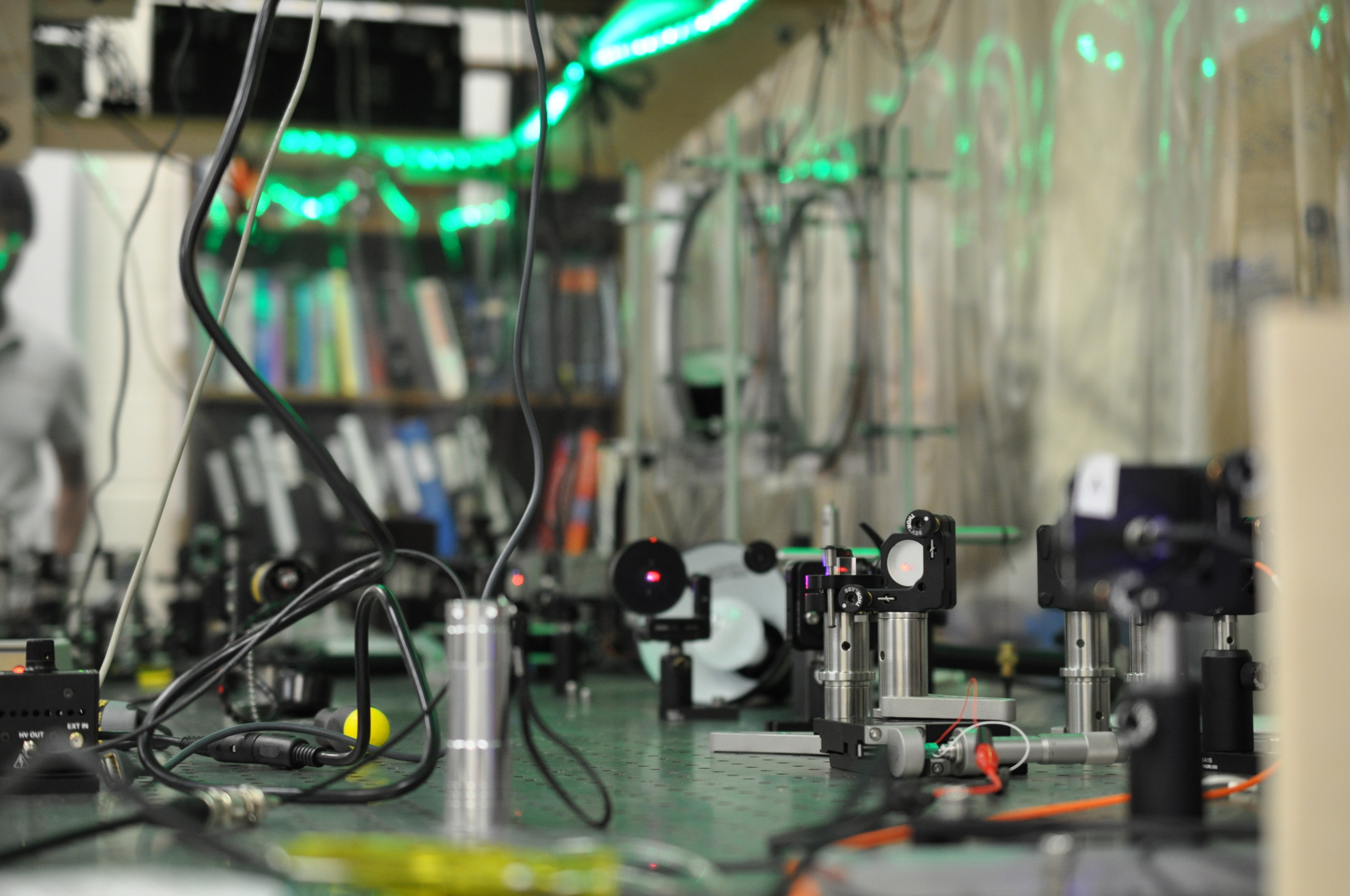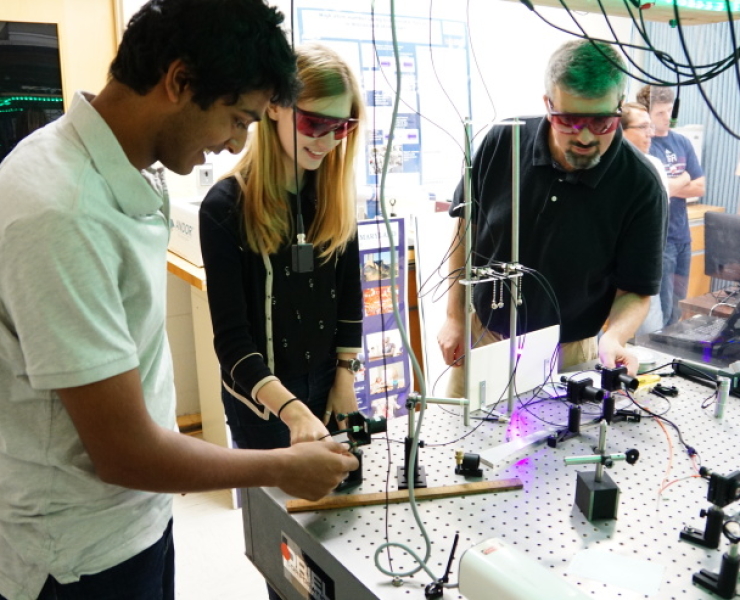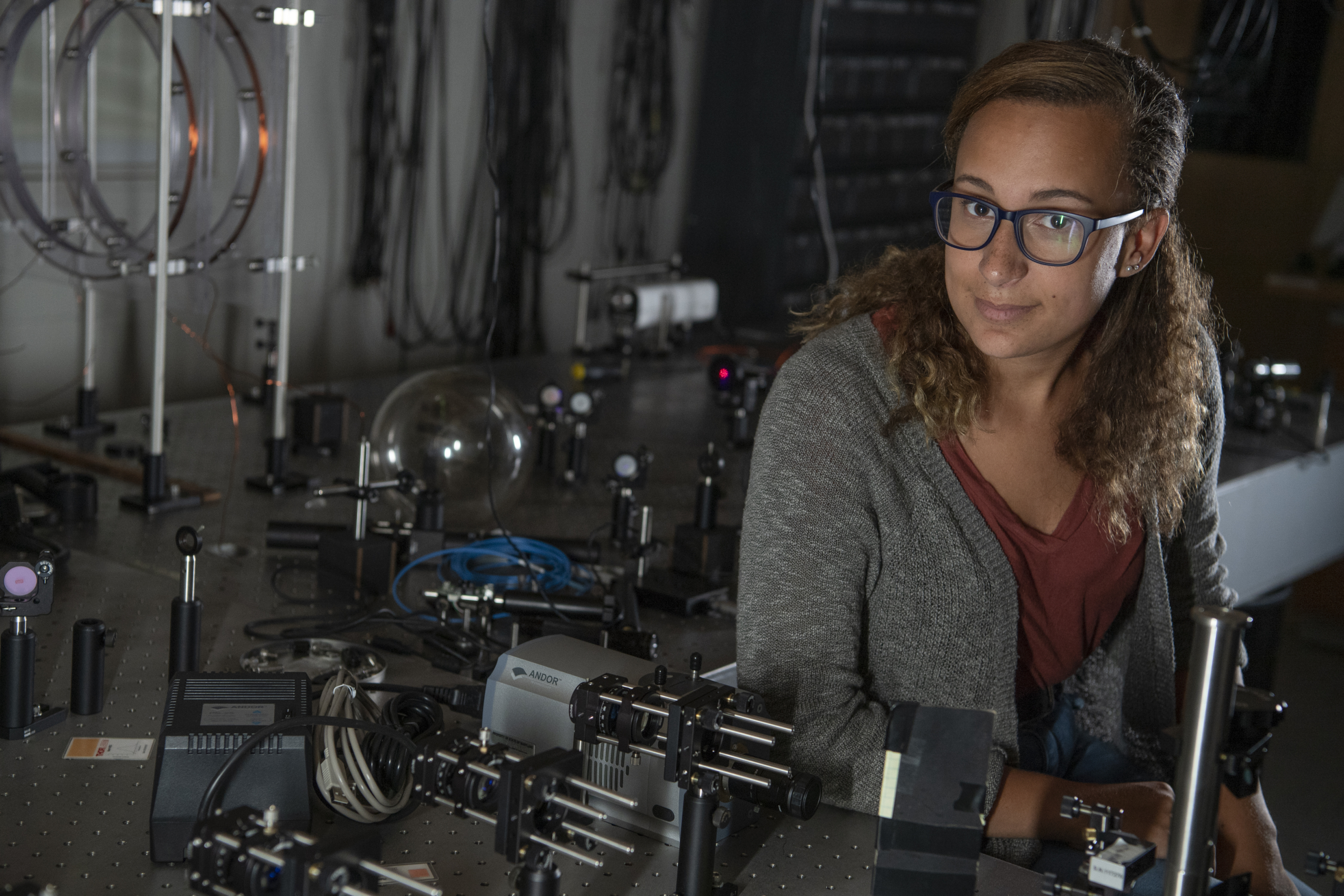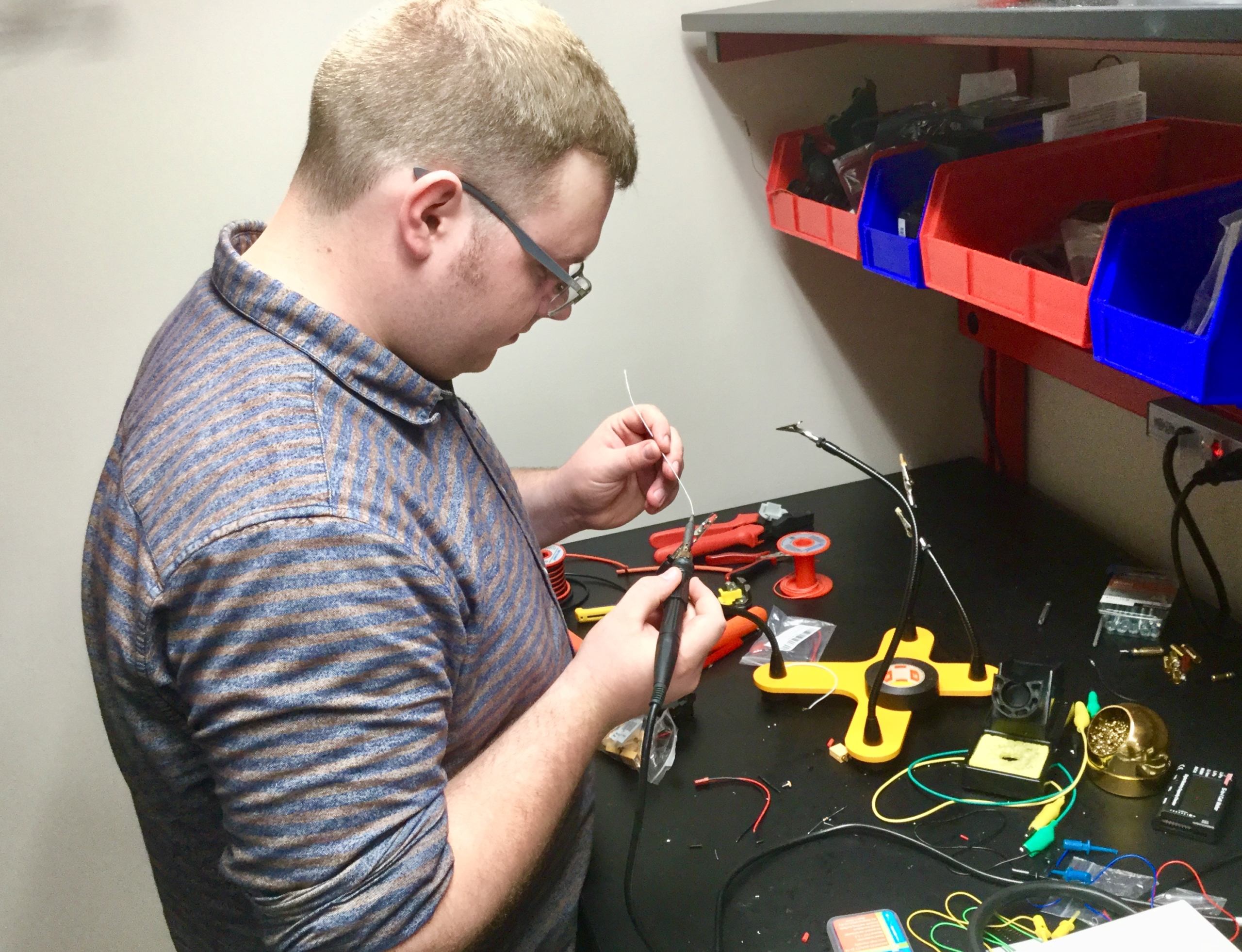Structure, Properties, Design, Performance.
At St. Mary’s College of Maryland, materials science brings together physics, chemistry and engineering to explore how the tiny structures inside materials affect their larger properties. By studying and changing these structures, students learn how to design new materials with special features—like stronger metals, better batteries, or flexible electronics.


Materials Science Minor
The materials science minor program creates an environment where faculty and students work collaboratively toward solving issues with applied science. Students learn to analyze, test and create new materials with real-world applications in energy, electronics, medicine and more.
The Cross-Disciplinary Experience
Materials science is a cross-disciplinary program that brings together physics, chemistry and engineering to study how materials behave and how they can be designed for specific purposes. This field explores the connection between a material’s internal structure and its physical and chemical properties, from the nanoscale to the macroscale.
They involve at least three academic disciplines and require 18 to 24 credit-hours, at least eight (8) of which must be at the upper-division level.
Cross-disciplinary studies include an integrative component such as a common course or requirement. At the discretion of the specific cross-disciplinary studies committee, students may complete the St. Mary’s Project in the study area, provided they secure the approval of the department in which they are majoring. Completion of the course work in a cross-disciplinary study area is noted as a specific minor on a student’s transcript.
Courses Offered
Materials Science Courses
- Materials Science Courses>
Honors College Promise
Expand your learning beyond the classroom with opportunities like studying abroad, internships, hands-on classes, or independent research. These experiences help you see the bigger picture.
At St. Mary’s College of Maryland, you’ll benefit from experienced professors, unlike at larger universities where teaching assistants may lead classes. You’re more likely to have the same professor for multiple courses, work with them on your St. Mary’s Project, or have them as your academic adviser.
When you need letters of recommendation for jobs or grad school, you’ll have professors who know you well and can write strong, detailed letters. This close relationship between faculty and students makes your experience at St. Mary’s College unique compared to larger schools.


Nanofabrication Laboratory
The Nanofabrication Lab at St. Mary’s College of Maryland lets students work with very small materials—thousands of times smaller than a human hair. Using high-tech tools, students can design, build and test tiny devices used in things like electronics, new materials and medicine.
After you Graduate
Graduates of the Materials Science program have gone on to pursue graduate and professional degrees in many different fields, including biomedical engineering, nanofabrication, among others. The program is still young (only 1 year old!) and already we have had sucessful graduates pursue degrees incorporating materials science.
Connect with Your Program Chair
All the faculty here at St. Mary's College of Maryland want to help you explore your interests and set you up for success. We look forward to connecting with you and meeting you on campus.

